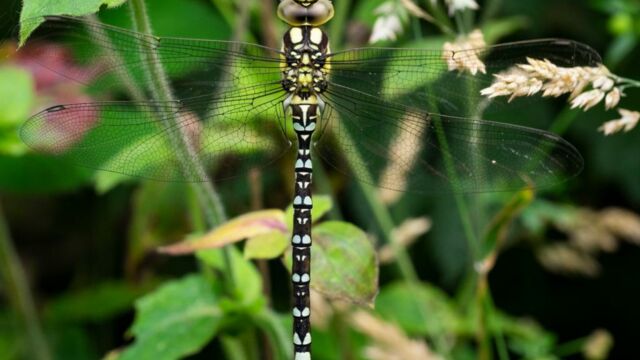Dragonflies are making their way north of Britain and Ireland and global temperatures continue to rise. A new report shows that since 1970, more than 40% of species have increased their distribution.
Discover our latest podcast
However, only 10% have declined over the period. According to experts from the British Dragonfly Society, this is as a result of climate change.
The State of Dragonflies 2021 report examines 1.4 million records from some 17,000 recorders collected over the course of four decades.

Threats to survival
There has been growing concern over the fast depletion of insect populations due to pollution, insecticide use and other environmental factors.
Authors of the report clarified that while data shows where dragonflies are, they are unable to determine from available records how many there are and if there has been an increase in numbers overall. Conservation officer Eleanor Colver said:
Factors such as the use of pesticides (reducing their flying insect prey), water pollution and habitat loss continue to threaten the health of dragonfly populations within species' existing ranges.
Believed to have evolved some 300 million years ago, dragonflies are fast-flying, four-winged insects with long bodies and large eyes.
The report analyses 46 species of dragonflies and their close relative, the damselflies across Britain and Ireland over the past four decades.

Threat to other insects
In 2019, a scientific review indicated that 40% of species were fast declining around the world.
The study revealed that bees, ants and beetles were at a higher risk of population decline; they were disappearing eight times faster than mammals, birds or reptiles.
However, it also suggested that houseflies and cockroaches were likely to experience a population boom. Dave Smallshire, co-editor of the report cautioned:
The overwhelming message is that global climate change - and in the case of Britain and Ireland - significant climate warming is likely to have had an overriding effect on many of these changes.















